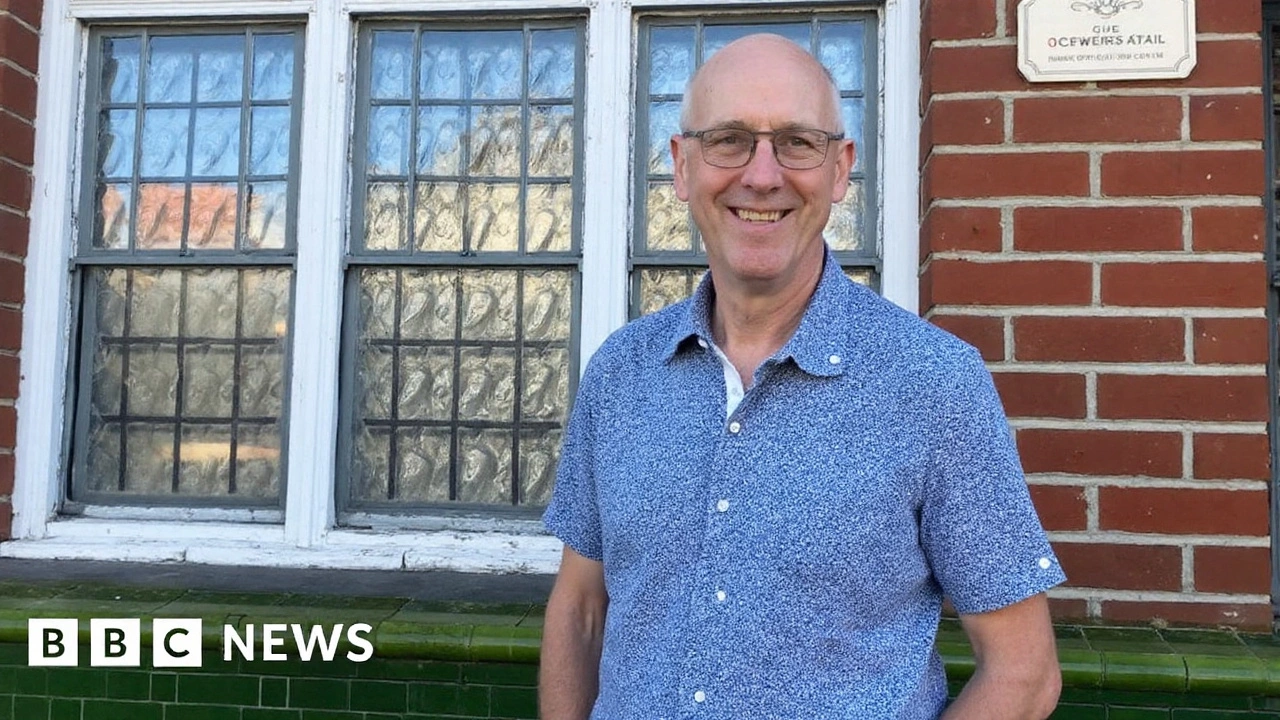Another village, another shuttered bar. The Winning Horse in Claygate is closed long term, and locals are talking about how to keep the doors from closing for good. There’s chatter about a campaign reaching a crucial point, but official details are thin. What we can do is set out what is confirmed, what usually happens at this stage, and how villagers can get ready fast if the clock starts ticking.
What we know about the Winning Horse
The Winning Horse, serving the community on the edge of Claygate in Surrey, is shut for the foreseeable future. That much is clear. What’s not confirmed is whether there’s a formal, public campaign in motion or a specific deadline that would force a decision right now. No clear public filings or announcements confirm a live bid, a share offer, or a planning application at this moment.
When a pub sits closed this long, owners typically consider a few paths: reopening under a new operator, selling the freehold or lease, or seeking permission to convert the building to another use. In England, since 2017, pubs have stronger planning protection: demolition or change of use normally needs planning permission. That means local people can comment on any application that might affect the pub’s future. In Claygate’s case, that would involve the local planning authority for the area.
Why does this matter? Because a planning application or a sale notice is often the point where a community either organizes quickly—or loses momentum. Across the country, more than 150 pubs have been saved through community buyouts in the past decade. Most of those wins started with residents acting early, collecting evidence of community support, and getting the right legal protections in place.
What a “crucial stage” usually means—and what locals can do
If people are saying the campaign is hitting a crucial stage, it usually points to one of three things: a potential sale, a planning application, or a narrow window to prove the pub is still viable. Here’s how that normally plays out—and how Claygate residents can prepare.
- Claygate pub protection: Ask the council whether the Winning Horse is listed as an Asset of Community Value (ACV). If not, apply. An ACV listing can trigger a six-month pause on a private sale, giving time for a community bid. It doesn’t force an owner to sell to the community, but it buys time.
- Watch for planning moves: If an application appears to convert or demolish the pub, the clock starts. There’s usually a short period—often around three weeks—for public comments. Strong, specific objections can matter: footfall patterns, lack of equivalent venues nearby, the role the pub plays for clubs, parents’ groups, older residents, and local events.
- Gather evidence now: Don’t wait for an application. Collect letters from local groups, school PTAs, sports teams, and care networks that use or would use the pub. Document public transport links, parking, walking catchments, and how the venue could serve daytime trade—co-working, coffee mornings, community meals.
- Build a realistic business plan: Show how the pub could pay its way. Include rental assumptions, wet/dry split, energy costs, staff cover, and a 12-month cashflow with seasonality. Community pubs that thrive usually diversify: think coffee-and-lunch trade, small retail shelves for local produce, quiz nights, music, book clubs, and a family-friendly layout.
- Consider a community share offer: If a sale looks likely, residents often set up a Community Benefit Society. Shares are typically withdrawable rather than tradable, and investors understand this is about stewardship as much as returns. Grants exist—look at national schemes that support community assets and social investment bodies.
- Get specialist help: Groups like pub campaign networks, cooperative advisers, and hospitality accountants can sanity-check the numbers, suggest a rent you can sustain, and spot red flags in proposed leases.
- Engage early with the owner: A constructive tone helps. Ask about interim use—pop-up events under temporary event notices, limited weekend openings, or a short trial lease to prove concept. Demonstrating demand on-site is more persuasive than any petition.
There are also pitfalls worth naming. Some pubs get marketed at unrealistic rents or on terms that make success unlikely. Others are “mothballed” for long periods, which can weaken the case for community use. If you see those signs, document them and keep records of customers who tried to visit, groups turned away, and alternative operators who showed interest.
Financing is often the sticking point. A typical package blends community shares, local fundraising, grants aimed at saving community assets, and ethical loans. The aim is to keep debt service manageable in the first years while trade ramps up. Don’t over-spec the refurb on day one—prioritize safety, the cellar, kitchen basics, and a clean, warm welcome. Cosmetic upgrades can come later, funded by trading surpluses.
And the planning argument? It’s not about nostalgia. It’s about proven public benefit. Is there a comparable venue within walking distance that serves the same mix of people, at the same times of day, with the same facilities? Can the building operate as a pub at a fair market rent? Are there operators ready to run it? Put that evidence on the table, clearly and calmly.
Where does that leave Claygate today? The Winning Horse is closed, residents are watching, and talk of a campaign is in the air. Until something formal lands—an application, a sale notice, or an owner update—this is the time to prepare, not panic. If a crucial stage hits, the groundwork done now will decide whether the village keeps a living, working pub—or adds another boarded-up front to the high street.





